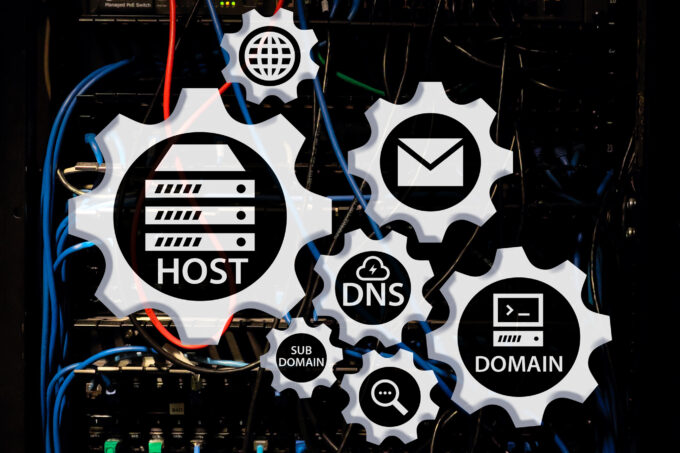When you’re picking a place to register your website’s name and host your website, you have two main choices: big-name companies like GoDaddy, HostGator, BlueHost, Google or smaller, local businesses such as our own. Let’s break it down in simpler terms so you can make the right choice for your website.
Big Companies: What You Should Know
Big companies are well-known and easy to trust. They offer a bunch of extra stuff you might need for your website at a value package deal. However, they often charge more money for registering your website’s name and for those extra services and do not allow you to only select and pay for things you use. Sometimes, they can make the process seem more complicated by trying to sell you more things than you might need. The size of such enterprises does not allow them to pay personal attention to each account. They may have vast knowledge bases and online material but most often customers complain about lack of easy access to support especially a live person. It’s especially frustrating when your site is down, under attack or needs urgent attention by a specialist.
Smaller Local Businesses: What They Offer
Local businesses are often smaller and closer to home. They provide more personalized customer service, and their prices can be more budget-friendly. On the downside, they might not have as many extra services, and some people worry about their stability because they’re not as famous. Well, fame does not equal reliability. Big name could mean you standing at a big “door” for help but they do not hear your call. Beyond the response time and help, the tools that are offered by more client-oriented firms can be a lot most specifically targeted to your needs rather than cover wider range of features you will never use. Smaller companies are competitive and can offer bonuses bigger competition charges for such as free TLS/SSL certificate or daily backups. We offer both.
Understanding How Domain Names Work
A domain name is like your website’s address. It has a few parts, like the main name (like ‘google’), the ending part (like ‘.com’), and sometimes extra parts (like ‘blog.google’). It’s how people find your site on the internet. Keep in mind that if you got a 2nd level domain, you do not truly own it, but only lease it. In other words if your domain name is mysite.me.com – you do not own it, instead me.com has a sub-domain (2nd level) they lease to you. You will never fully control its DNS or be able to move it to another registrar. Read more details specifically about domains.
How the Internet Knows Where to Go
Domain registration is simply a line of text in a cell of registrar database which points to a Dynamic Name System (DNS) which in turn has your routing for each component around the domain. It’s like a giant phone book that translates your website’s name into a number the internet can understand. You, as the owner, get to control this to make sure your website goes to the right place. DNS controls where your website is hosted, where your email resides and can serve as a confirming or supporting listing for everything associated with your domain. It can be proxied (hidden) or feed a direct IP address of each service, depending on your needs and level of security desired.
Owning a Name vs. Having a Space
When you own a domain, it means you have the rights to that website name. This only applies to the top level domain. But it’s not the same as having a place to put your website’s files. Hosting space is like renting a spot on the internet hard drive or cloud where your website lives. Hosting frequently includes some space for email but you can choose and point your email to a 3rd party provider who specializes in email such as google or outlook.



